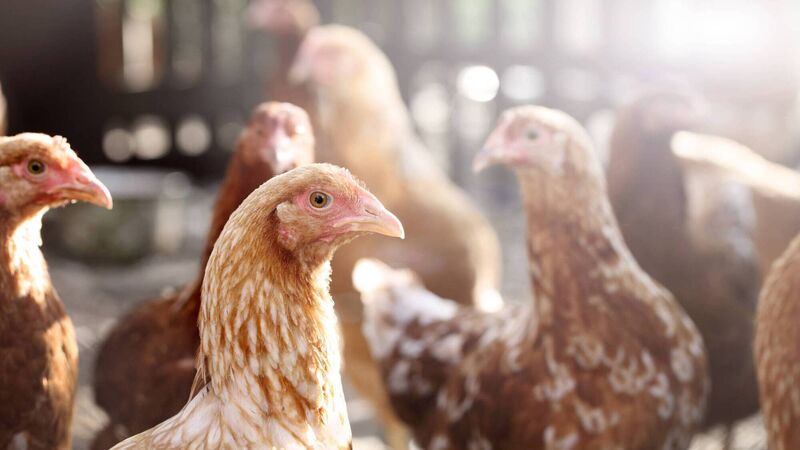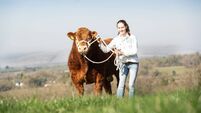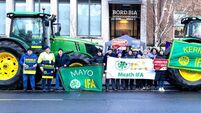Salmonella confirmed in eight poultry flocks

The flocks are located in a number of different locations across the country.
Eight poultry flocks in Ireland have been confirmed as positive for Salmonella Typhimurium.
All of these flocks have been restricted and are under Department of Agriculture, Food and the Marine controls.













